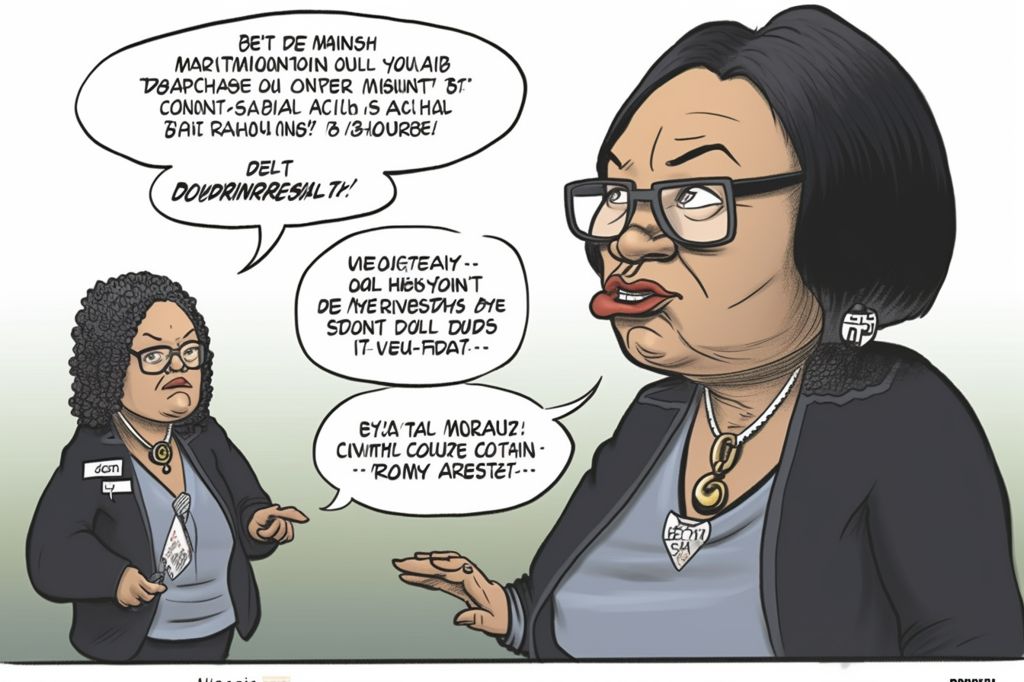The recent controversy surrounding the Tottenham Hotspur sponsorship deal in South Africa has sparked a renewed debate about the priorities of the country’s tourism industry. As the nation seeks to recover from the pandemic’s aftermath, addressing the public’s concerns and prioritizing the maintenance and development of tourism sites is critical.
The Controversial Deal
The Tottenham Hotspur sponsorship deal was worth R1 billion and was expected to last for three years. It was initially approved by the South African Tourism (SAT) Board in January, but it was later canceled by Minister of Tourism Patricia de Lille due to public outcry and concerns about the deal’s lack of transparency. However, Dr. Thozamile Botha, the chairperson of the SAT Board, expressed his frustration with de Lille’s decision and complained about the lack of “consultative processes.”
The Public Outcry
The public’s opposition to the deal was based on several factors, including the excessive amount of money involved, the lack of transparency, and the neglect of many dilapidated and unmaintained tourism sites. The deal was viewed by many as a symbol of the SAT Board’s tone-deafness and disregard for the public’s interests.
Prioritizing Tourism Sites
Tourism is a crucial industry for South Africa’s economy, and the maintenance and development of tourism sites should be a top priority. By investing in these sites, the government can attract more tourists, create jobs, and contribute to the country’s overall economic growth.
Conclusion
In conclusion, the controversy surrounding the Tottenham Hotspur sponsorship deal highlights the need for transparency and accountability in South Africa’s tourism industry. It also underscores the importance of prioritizing the maintenance and development of tourism sites to attract more visitors and promote economic growth. As we reflect on this controversy, let us remember the lessons we have learned and work together to build a better future for South Africa’s tourism industry.








